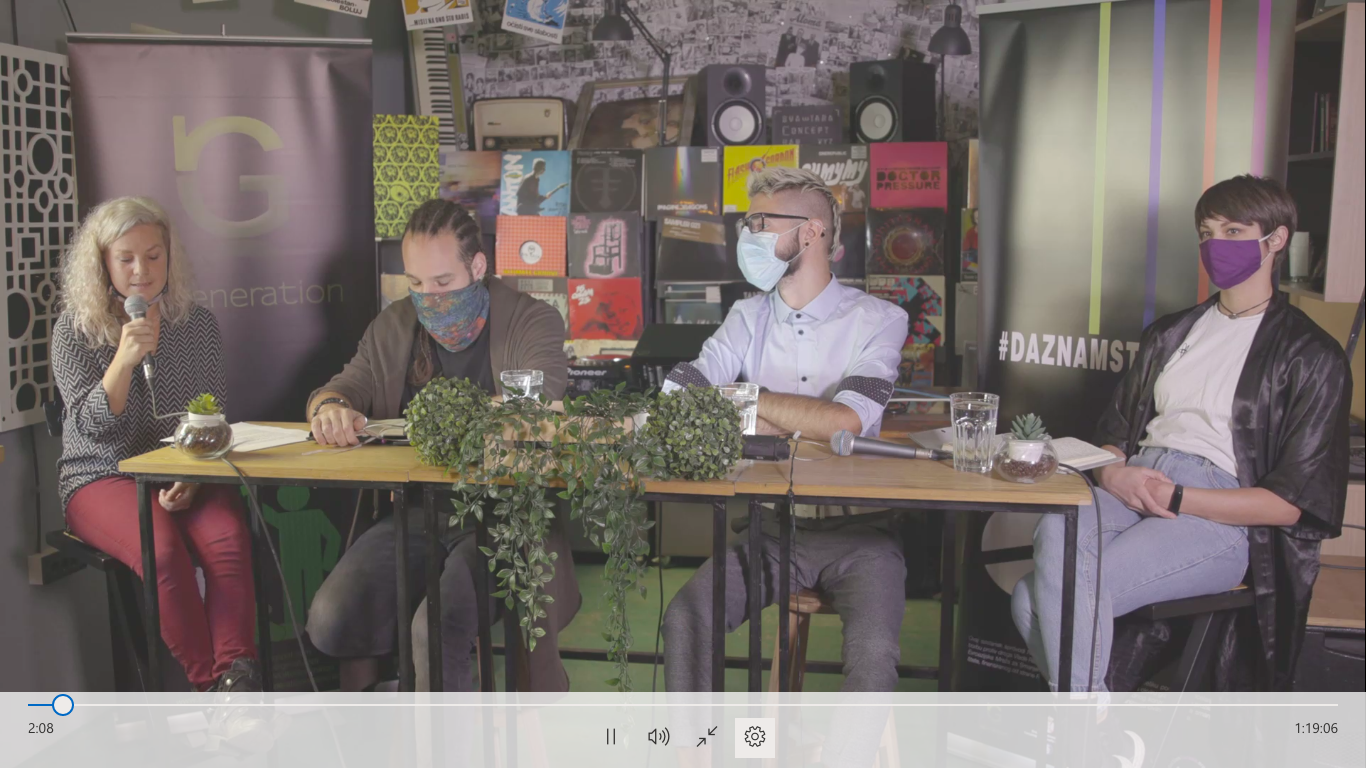
Drug checking services in Serbia – To know what I am doing

Re Generation
NGO Re Generation is a youth-led, youth-based organisation working in the area of public health and human rights, focusing on specific issues related to vulnerable groups at risk regarding substance use. Re Generation is a specialised organisation contributing to fulfilling its aims through work on (drug) policy, research, education and advocacy concerning issues related to substance use and public health in Serbia. The foundation of the organisation has been contributing to actions toward setting a framework for different, innovative programs and views related to drug policies in Serbia with a focus on sustainable harm reduction programs, acknowledging and focusing on respect of human rights of vulnerable and marginalised populations in Serbian society. Throughout the years, the organisation has been actively participating in drug policy reform on the national and international level, advocating for improving public health and respect for the human rights of key target populations.
Re Generation is a team of 16 people, each and one contributing to the organisation based on their interest and specialisations. The organisation is led by the Assembly, which is a leading decision-making body and consists of all our members, employees, honorary engaged experts, volunteers and advisors.
Could you please share why you decided to focus on drug checking as a harm reduction service in Serbia?
We have been working in the recreational drugs area from the beginning. This helped us to observe changes in patterns of use, as well as substances used. In recent years, the emergence of NPS was quite visible, at the same time, the lack of harm reduction programs specifically for recreational users was more striking. As research on the use of NPS in Serbia showed the first reliable data focusing on users itself, we considered it as a basis to start a dialogue with the Government on how to improve services towards recreational users. It is beneficial for both country and users themselves.
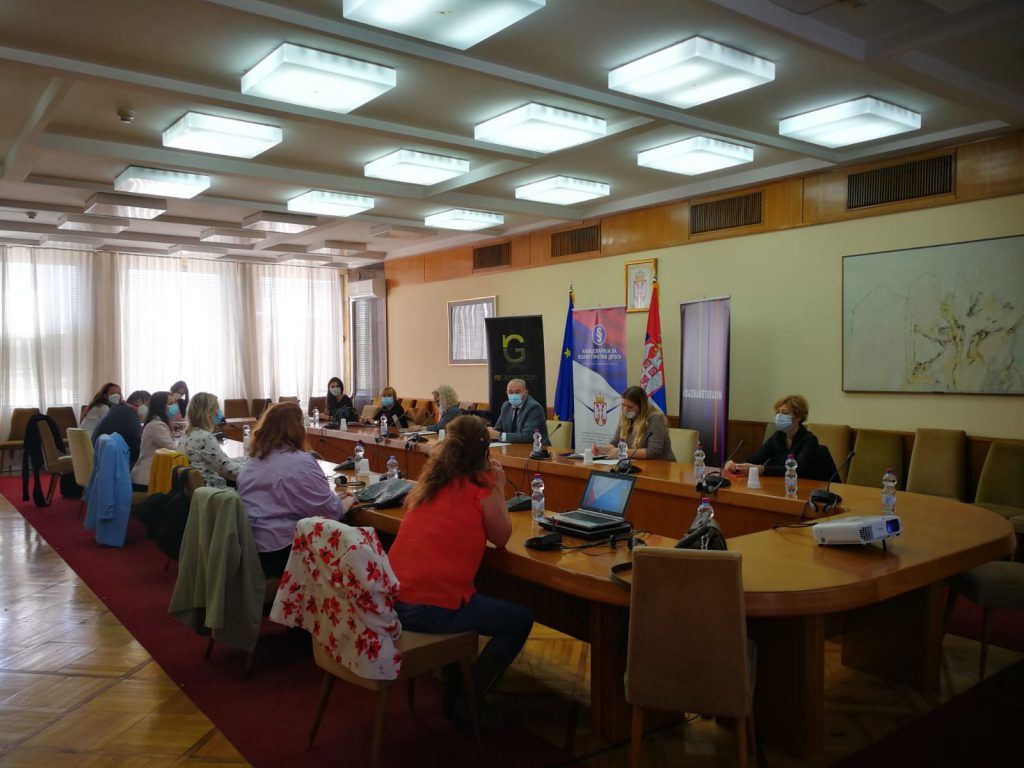
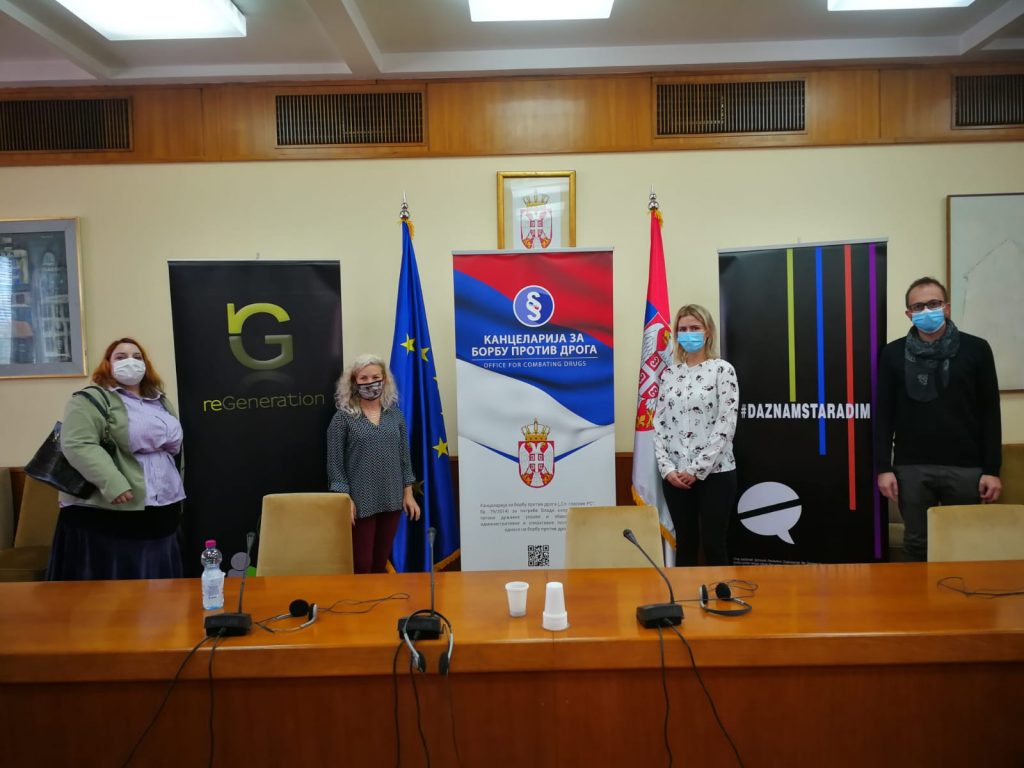
Please, share what did you succeed to implement in the framework of the small grant project?
Through the implementation of the project, at first we got strategic support from the Office for combating Drugs of the Government of Serbia for program implementation. Then we held several consultations with state institutions, focusing on referent laboratory representatives that we first met, and discussed their needs in improving their work. Second, we consulted recreational users and representatives of CSOs on their opinions regarding drug checking services and NPS situation to better assess current problems, opinions and positions. After this we analyzed the policy about establishing drug checking services and designed Guidelines for improving Early Warning System (EWS) in Serbia, focusing on improvement of communication, research and cooperation, where a small part of the document is a proposal for services itself. We launched a webpage on our website, aiming to educate the broader public in what drug checking services are, adding up two interviews with our colleagues from Kosmicare and DrogArt to promote good practise examples to our followers! The project gave birth to a video on drug checking called #DAZNAMŠTARADIM (which means, to know what I am doing) that in short explained the purpose of Drug Checking and its benefits, that was watched more than 10.000 times by Serbian audience. The project ended up with two conferences, one for the government officials with the Office for Combating Drugs and ministry of health. During this section, we presented the guidelines. The second meet up for the community was broadcasted in social media and dedicated to the main question on drug use and mental health issue that increased due to Covid-2019 restrictions.
How these activities will help you in future advocacy for drug checking services?
Well, it is apparent that we needed reliable data to start the conversation, that was significantly supported with creating the Guidelines. The Guidelines that we made are just the starting point of the discussion that we wanted to initiate with the stakeholders. We are aiming to continue to work on them in the future, during the development of the next Drug Strategy as well as while creating the quality standards for harm reduction services in Serbia. We became more recognizable, visible and acknowledged not only from State institutions but also by the community. We believe that it is just the beginning of the development of services we all need.
One of your activities was to develop guidelines for drug checking. Could you please briefly explain what is this document about and for whom it is created?
The Guidelines for Improving Early Warning System and establishing drug checking services initially was planned to be a guide for setting drug checking services in recreational settings, analysing laws and drug policies and offer the guide based on evidence and best practices.
Through the detailed consultations with chosen stakeholders, we realised that our state, as well as the society and community, is not ready for such a leap into innovation.
At the same time, we realised that what we have needs to be improved, and that is the Early Warning System for NPS. Then we created guidelines for enhancing the progress of research and data collection of NPS, capacity building and raising awareness on the benefits of drug checking. A small part was dedicated to proposing drug checking services as a tool that will help both community and Government Institutions. The document is only a basis for the conversation between community and state, as well as CSOs. The aim of it is to build an evidence-based response to NPS emergence and create services that will be focused on the protection of health and wellbeing of the (potential drug) users.
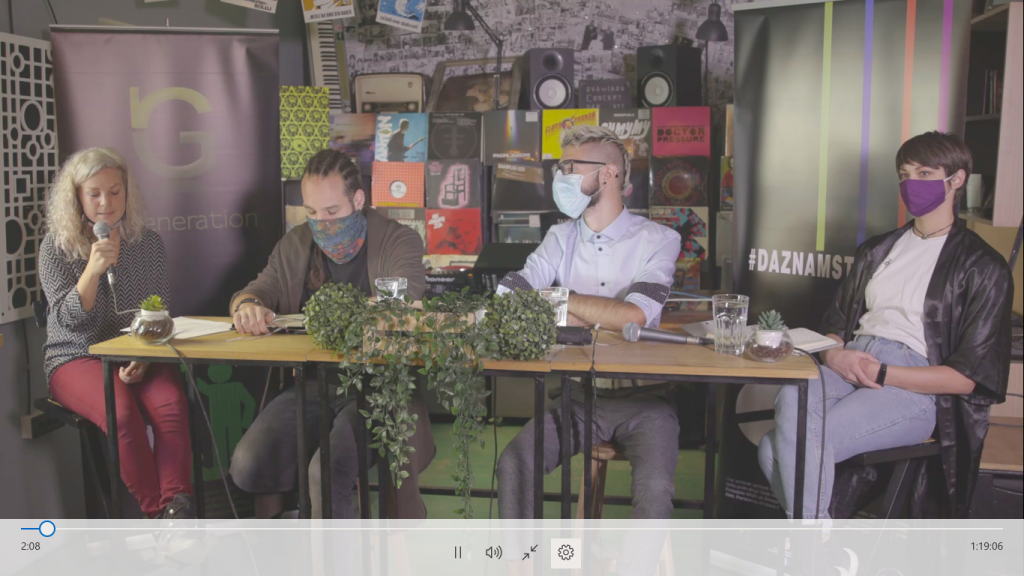
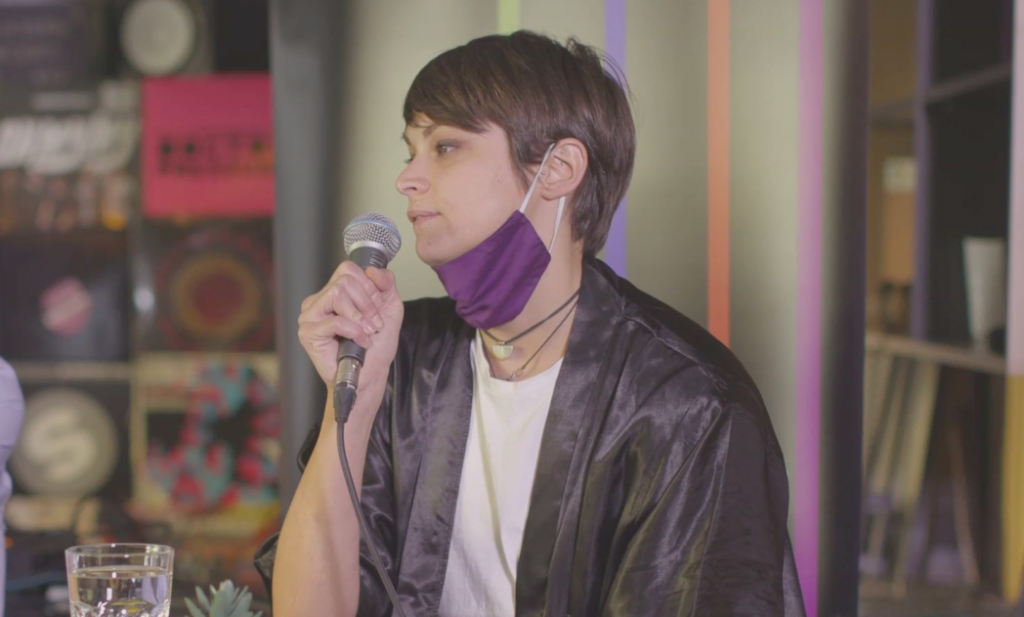

Did you face any challenges while implementing a small grant project? If yes – what kind of challenges and how they affected your work?
Implementation of project in the Covid-19 era was definitely a challenge, as communication with the state institution was really problematic. Some challenges in the framing of the Guidelines did exist. Still, open dialogue with all stakeholders and good cooperation and support from the Office for Combating Drugs in mitigating the difficulties really brought the best we can have in the current situation. Therefore, each activity was implemented without any changes.
What do you think should be the next steps in starting/ promoting drug checking in Serbia? And what should be the role of civil society in all this?
We initiated the conversation, but it’s tough to predict what will happen next. In the following months (hopefully) Serbia will start designing the new Strategy for Drugs, and together with that, it should bring the document such as Quality of standards for harm reduction services that will serve as a basis for service implementation in future. Both papers were at this point the basis of the future development that CSOs need to be more involved than before. In the past, the decision-makers involved the CSOs but at the consultation phases. I believe that cooperation should evolve if not to partnership level then definitely to a dialogue, where we will be recognized not as critiques of the Government but as equal partners. To my mind, only in such a way, the drug checking services are possible in future.
